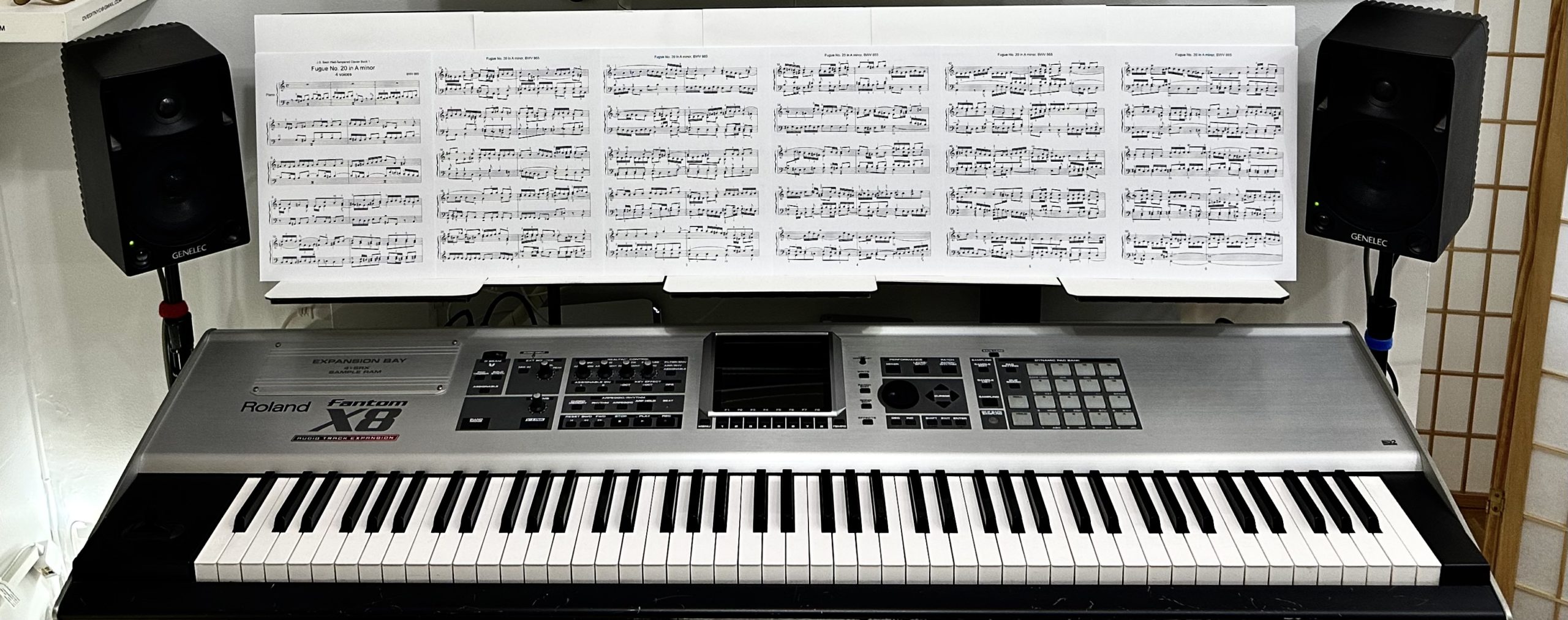My name is Stephen Colvin and I live in New York City.
I have decided to share what I have learned from my study of psychology, my experience as a professional musician, performing in theaters and concert halls, as well as my love for the outdoors, playing sports and coaching athletes, all on this website.
If you have an insatiable appetite for playing musical instruments, performing with musicians as well as a passion for playing and coaching sports, you’re very fortunate.
My instruments, or tools for expression, are the piano, the French horn, the violin, conducting large or small gatherings of musicians, alpine skis, tennis racquets and tennis balls!
As a teenager, I loved alpine skiing, playing tennis and the sound of the French horn. Today, I’m an alpine race coach, a tennis coach, musician and conductor.
I love spending time playing musical instruments, practicing the piano, violin, or French horn and conducting chamber music, symphony orchestra, opera, modern or ballet whenever the opportunity arises.
Learning something new, playing either an instrument or a new sport is not easy. It’s okay to feel frustrated and confused and think of yourself as being really stupid because you’re not getting it. We need to become novelty seekers looking to balance the familiar and the new.
In the beginning, we start out unconsciously incompetent — we don’t know what we don’t know. It takes time to discover what needs our attention as we become consciously incompetent — we learn what we don’t know. The next stage is becoming consciously competent — where focused and effective practice builds confidence. The final stage is unconscious competence when we become one with our instrument, whatever it may be.
Understanding technical information and delivering it effectively requires practice. It takes the ability to transform it into a creative and practical application. The ability to express ones thoughts using words simple enough to understand in all age groups is not as easy as it might seem at first. With this desire in mind, there are many subjects which seem complex or mysterious that can be creatively and masterfully simplified.
Exploring and discovering the inner workings of musical instruments and how any human being can draw music from them, as well as the ability to do the same with a pair of skis or a tennis racquet and a tennis ball is the goal and purpose of this website.
Being a performing musician is a lot like being an athlete. Professional musicians and committed athletes have routine rituals, maintaining healthy diets, getting restful sleep, focusing in practice, training, visualization and meditation, etc.
Here, I will offer steps to take and shortcuts to make for learning alpine skiing, tennis, or playing music. Great insight comes from the discovery of natural shortcuts, such as skillfully blending fundamental elements in both sports and music. Meanwhile, we can also be given shortcuts which enhance our ability to apply these elements. Mastery comes from achieving an unconscious competence where everything occurs naturally.
I believe in the magic of books. Here, you will find a list or repository of my complete library, including books about writing, coaching, alpine skiing, psychology & philosophy, leadership, music, tennis, J.S. Bach, the piano, classical piano music, popular piano music, jazz piano music, French horn music, violin music, miniature scores, medium scores, octavio scores, opera vocal and full scores, Novello short biographies, programs conducted, and Pithy Thoughts.
My goal is to eventually provide links to whatever is in the public domain.
There is so much to discover and the journey is totally worth it.
If one were asked to name one musician who came closest to composing without human flaw, I suppose general consensus would choose Johann Sebastian Bach…
Religion is an internal spiritual world, and I have my own, with my god, Johann Sebastian Bach. I mean, why not?
…the most stupendous miracle in all music!
I think that if I were required to spend the rest of my life on a desert island, and to listen to or play the music of any one composer during all that time, that composer would almost certainly be Bach. I really can’t think of any other music which is so all-encompassing, which moves me so deeply and so consistently, and which, to use a rather imprecise word, is valuable beyond all of its skill and brilliance for something more meaningful than that – its humanity.
The immortal god of harmony.
Perhaps the safest thing to do at the outset, if technology permits, is to send music. This language may be the best we have for explaining what we are like to others in space, with least ambiguity. I would vote for Bach, all of Bach, streamed out into space, over and over again. We would be bragging of course, but it is surely excusable to put the best possible face on at the beginning of such an acquaintance. We can tell the harder truths later.
If I decide to be an idiot, then I’ll be an idiot on my own accord.
I had no idea of the historical evolution of the civilized world’s music and had not realized that all modern music owes everything to Bach.
Study Bach: there you will find everything.
Music is the effort we make to explain to ourselves how our brains work. We listen to Bach transfixed because this is listening to a human mind.
